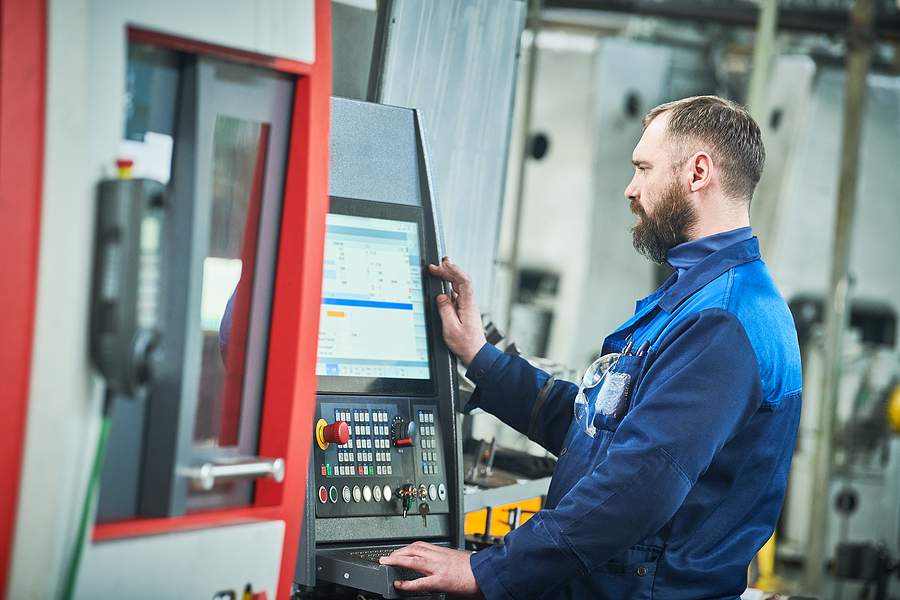A career in CNC manufacturing might seem exciting. But becoming a CNC machinist might also be a bit intimidating, considering there is so much to learn. Sure, the field is a bit complex. But it is also one that is growing.
As a CNC machinist, you’ll have knowledge and expertise in areas that range from robotics to design to manufacturing. Here is what you need to know about careers in this exciting field and how you can get the right training to become a CNC machinist.
Careers in CNC Manufacturing
The Computer Numerical Control (CNC) field was born in the 1950s, where machine punch cards directed machine tools to perform certain functions. Now, Computer Assisted Design (CAD) programs and advanced computers tell machine tools how to carry out precise maneuvers to create objects from the simple to the complex.
The applications for CNC machining are almost limitless and continue to expand. Some of the different machines that use CNC technology:
- Lathes
- Routers
- Drills
- 3D printers
- Laser engravers
- Waterjet cutters
This isn’t an inclusive list by any means. Just about any machine tool can be controlled by CNC technology, and the jobs in this field are diverse. But, if you want to be a CNC machinist, you’ll need to acquire some special skills.
Skills & Training Required to Become a CNC Machinist
CNC machinists and operators must be highly skilled and trained to program and deal with the different types of tools. Some of the skills you’ll need in this career include:
- Machining – You’ll need to have a strong familiarity with most machining tools, from lathes to mills to drills to routers.
- CAD/CAM – CAD and CAM programs are used to translate abstract designs into real-world instructions. This is one of the foundations of CNC machining.
- G-Code – Most CNC machines use a programming language called G-code, which tells a machine how to move, cut, etc.
- Design – Having some knowledge of design principles will be helpful in this career.
- Metallurgy – Many CNC machinists work with various types of metal, so knowledge of how different metals will respond to machining is valuable.
There are CNC training programs at various trade and dedicated training schools throughout the country. But most CNC machinists have to hone their skills over time by using the machinery and expanding their knowledge.
Work With a Qualified CNC Machinist
As you can see, it takes training and experienced to become a qualified CNC machinist. But there are some rewarding careers in CNC manufacturing. If you need CNC routing services, find out how Components By Design, Inc. can provide the qualified assistance you need.
Our professionals have more than 15 years of experience with CAD/CAM software and CNC routers. We will put our expertise to work to add value to your project, whether it is a simple product or a complex prototype. Contact us now for more information.
